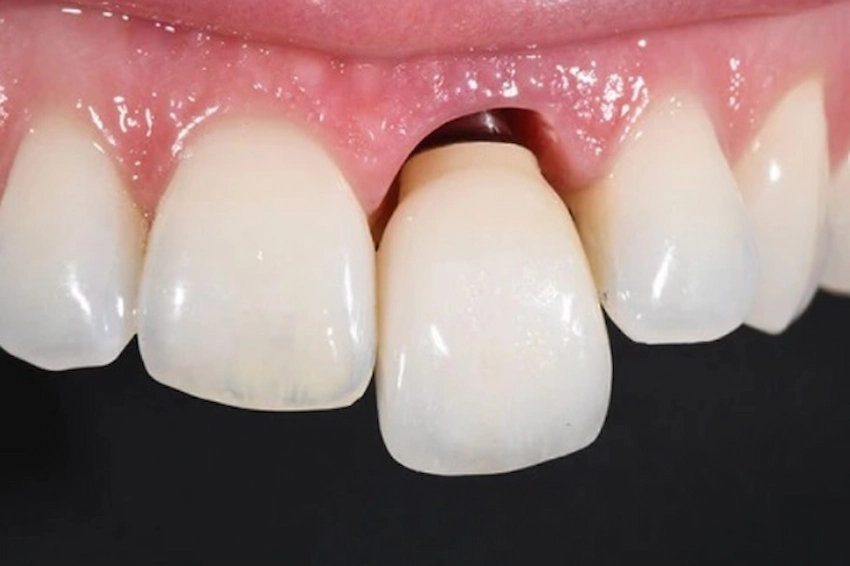💊 Should Antibiotics Be Used After Tooth Extraction?
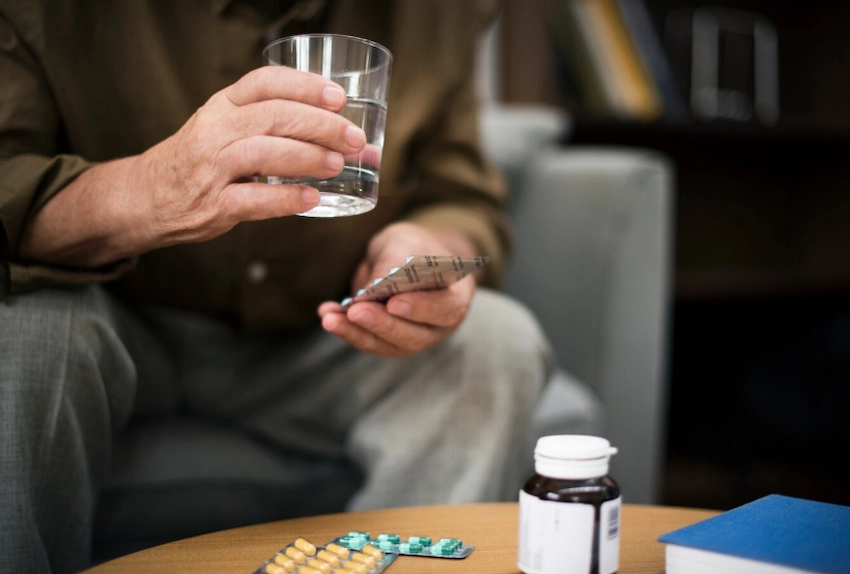
Should Antibiotics Be Used After Tooth Extraction?
While having a tooth extracted isn’t something anyone is looking forward to, there are cases when it’s regarded as the best decision for a patient’s dental health. Sources of extractions are numerous: an inflamed molar, a fracture in the teeth, and also wisdom teeth acting up are just a few of the sources of extraction. And right after they have been removed, you can bet that the question on most people’s minds will be: “Should antibiotics be taken after tooth extraction?”
It’s not always simple to answer this question. Antibiotics can be incredibly beneficial, but at the same time, they cannot be magical pills for all situations. They may be very useful in one situation, and still, in another situation, unnecessary. Let’s figure out when antibiotics would be the right option after a tooth extraction and how the modern dental field, represented by the Lema Dental Clinic in Istanbul, is revolutionizing the way we heal.
When Is a Tooth Extraction Necessary?
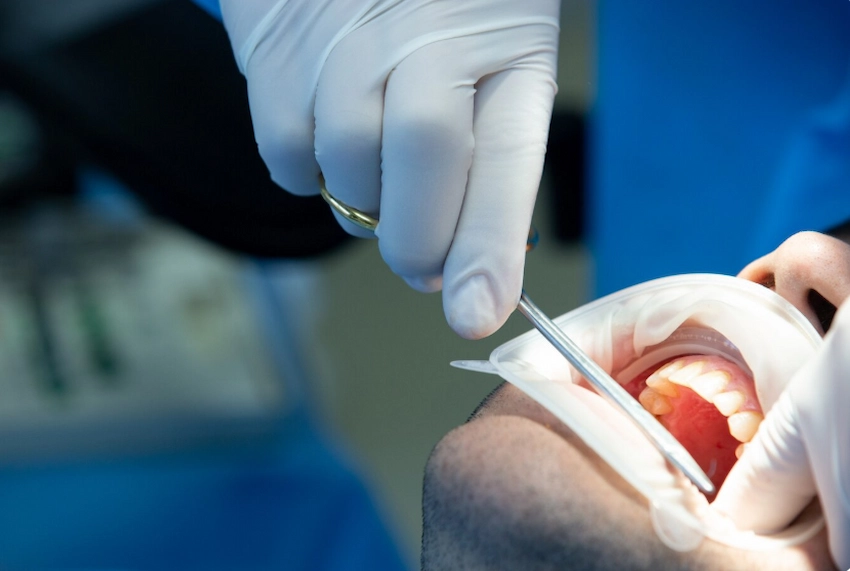
First things first. Tooth extraction doesn’t represent a treatment that is recommended only to people with “horror” dentition. There are even people with pretty healthy teeth who have found themselves in the situation of needing a tooth extraction. For instance, the most common reasons are:
- Decay is so deep that it cannot be restored with a filling or a root canal
- Periodontal disease is present (gum disease) and causes the tooth to become loose
- There are cracks or fractures below the gum line
- Wisdom teeth are jammed or painful
- Crowding, particularly before orthodontic work, which involves braces
- If the infection has spread to the bone or the nearby teeth
Sometimes the reason for extraction is quite clear since the damage is visible and the pain is terrible. Also, it happens that an X-ray shows the problem which nobody knew there and then. That’s the reason regular check-ups are of utmost importance and also, why preventive action can definitely save you from bigger issues later.
The dental clinic at Lema Dental Clinic has always regarded the patients’ needs as the top priority. They do it gently with modern highly precise instruments; patient-first philosophy always has ensured your comfort and healing the prime most concerned.
How to Prevent Infection After Tooth Extraction?
The tooth that comes out causes an open wound in its place. That is an inevitable stage in the procedure. When the tooth is removed, the socket is left open. It is required to heal on its own. Nonetheless, the period just after the surgery is very risky, because within it, infection can develop very quickly. Handle it this way so that it does not go wrong with you:
- Take a gauze pad and bite on it with full force to control the bleeding and help the clot formation
- Not to smoke or vape at all (it could cause the clot to break and delay the healing process)
- No use of straw or forceful spitting for at least the first 24 hours after the surgery
- No other diet but that of soft foods like soup, yogurt, mashed potatoes, or smoothies
- Use saltwater to rinse your mouth gently from the day after (but NEVER on the very day of the surgery)
- Keep on with the brushing and flossing routine, though, and stay away from the place where the tooth was pulled out for a couple of days.
When done precisely, these actions not only make you heal without intervention but also protect you from such infections as dry socket; the latter condition, by the way, is so painful that it considerably slows your recovery time.
All patients of Lema Dental Clinic are provided with unique aftercare guidance by professionals, and they are also allowed to ask for further advice or to be reintegrated into the system whenever they feel the need to.
Do You Need Antibiotics After a Tooth Extraction?
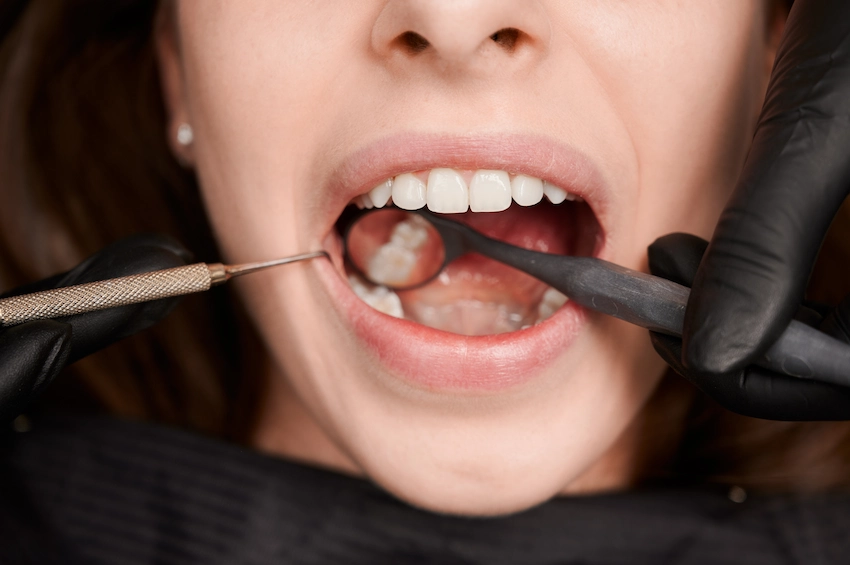
The question of who should be prescribed antibiotics after a tooth extraction has complicated answers, and one must be forthcoming about it; not everybody needs it.
For one thing, for a straightforward tooth extraction in an average healthy person, no antibiotics are usually needed at all. The human body can do wonders with its healing power, and as long as you are meticulous about hygiene and do everything correctly after the extraction, you won’t encounter many problems.
- First of all, there are conditions under which antibiotics are indispensable:
- If the tooth had been infected before the extraction
- If the extraction was an oral surgery or if it was a complex one, e.g., with impacted wisdom teeth
- If the patient shows signs of a weakened immune system (as from diabetes, cancer, etc.)
- If there are symptoms of an active infection—redness, pus, fever, or unbearable pain
- If the patient has, for example, heart conditions or joint replacements, and hence must be premedicated
These examples justify why it is always wrong to think that the same medical treatment can be given to all patients in the same scenario. The most important things when it comes to your health are your body, medical records, personal conditions, the work of your dentist, and those are the reasons that lead to the fact that the professionals of the Lema Dental Clinic custom-tailor the treatments for each patient’s needs and never give out unnecessary antibiotics.
Side Effects of Antibiotics After Tooth Extraction
Well, antibiotics have the power to heal—although we can’t call them faultless, for they have their adverse effects like any other drugs; hence, it is essential to be aware of them:
- Frequent episodes of stomach pain or diarrhea
- Yeast infections are common in women who use antibiotics, and the good bacteria balance in their bodies is disrupted.
- All allergic manifestations are observed, starting with rashes, and ending with more severe symptoms such as swelling or severe shortness of breath.
- Antibiotic resistance is a term to describe a situation in which bacteria no longer respond to the medicine, as they are capable of adapting to the new antibiotic environment.
The latter is particularly dangerous. An overdose of antibiotics not only becomes a problem for the immediate patient but is also a threat to the community as a whole due to the development of resistance.
Lema Dental Clinic‘s policy of antibiotic stewardship emphasizes the fact that antibiotics will only be given if the treatment is clinically justified. They will not be given if they are not necessary. However, if they are needed, they will prescribe the one that is the safest and most efficient with minimal side effects.
What Is the Importance of Antibiotics for Dental Health?
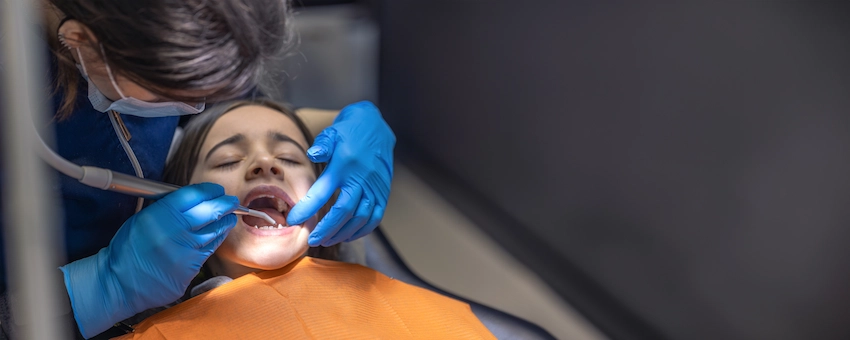
Of course, we need to use them wisely (antibiotics), but if they are used responsibly, they can help healthcare and cure dental problems.
- Prevent the toxins that can be released through infection after an operation from further harming the body.
- Be a solution for a speedy and uninterrupted recovery to high-risk patients
- Be a barrier to a severe illness, such as osteomyelitis or cellulitis
- Remove infectious areas from the roots of the teeth and the surrounding parts to ensure the body is not exposed to germs
Even though antibiotics play an essential role in treating the tooth, the gums, and the oral cavity, one should not forget that they will not cure dental decay, broken teeth, and gum bleeding. They are a supporting part of the healing process, but not the ones who create the new treatment way.
It is the whole treatment that is healing. This comes with a well-performed and effectively performed surgery, diagnosis through unconventional modern procedures, and pro-service follow-up. From this is where the cleaning of the surgical site, the use of antibiotics, and the administration of vaccines all flow, and therefore, the whole process becomes secure, rapid, and efficient at Lema Dental Clinic.
Final Thought: Natural Isn’t Always Better—Professional Is
Of course, we all want to believe in the power of our bodies’ immunity. And indeed, natural healing is a compelling concept. But unfortunately, for your teeth, especially following an extraction, the error of normal processes wonʼt work. Here is the point where unstinted natural healing must be combined with an expert’s guidance.
Both are available at Lema Dental Clinic in Istanbul. They help the patients through the whole process, from the use of cutting-edge technology and the proficiency of the staff to the fitting out of personalized treatment plans. Whether or not the antibiotics are necessary, they will ensure your healing is effective, free from any pain, and not hazardous at all.
Moreover, if you are up for a more stylish smile besides extractions, Lema Dental Clinic also provides porcelain veneers, dental implants, and full Hollywood Smile transformations. Given that nature is not always pretty, and that you find the right person, it is possible to make your smile go from the “beautiful” condition to the “flawless” one easily.
FAQ: Antibiotics After Tooth Extraction
It is not always the case. Pain-free extractions in normal patients don’t usually need antibiotics unless infection, complexity, or medical risk are there.
The first point is not to lose sight of the site of extraction; it is to be kept inviting. Secondly, cover the tooth with a piece of gauze. Thirdly, do not touch the gum with your tongue. That’s the best one. Do not disturb the blood clot. Fourth, follow the dentist’s instructions carefully. Lastly, arrange a visit to the dentist’s office.
Antibiotics are used in dentistry when the effects of the surgery are still present, in other words, during periods of inflammation, after surgery, or in the case of the patient’s health issues that cause the risk of complications to increase.
Normally, 5 to 7 days of antibiotics are required, while the dentist may change the period accordingly to your health status and how you take the treatment.
A lot of patients may be in the antibiotic stage for a period of around 5 to 7 days after they have undergone the surgery of the impaction of the lower or upper third molars, especially when the condition is linked with pus-forming germs or swelling.
